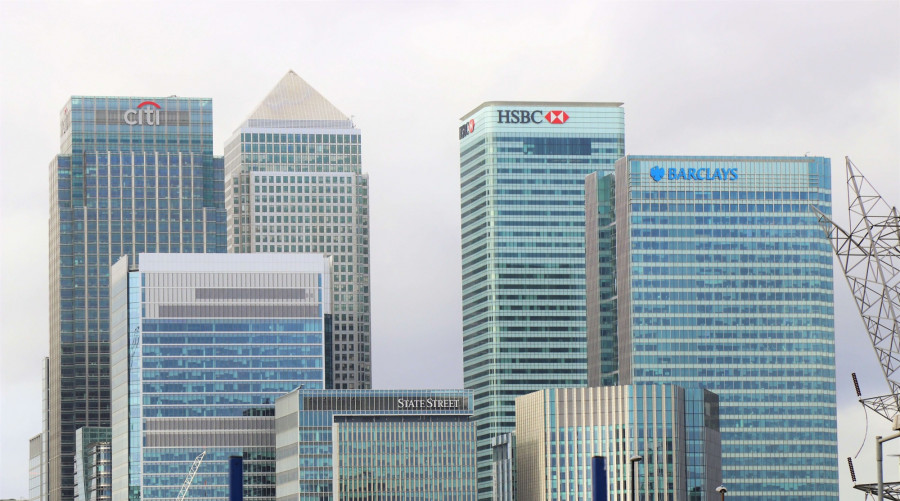☰

Published on 06 Dec 2021

The fortunes of China’s richest Internet billionaires are still getting slammed, with four of the country’s best-known tycoons–Colin Huang, Jack Ma, Pony Ma, and Wang Xing—losing more than $73 billion from their combined net worth since April, when Forbes published this year’s World’s Billionaires List.
The tycoons face heightening risks from China’s regulators. Ride-sharing giant Didi Global just announced on Friday that it would delist from the New York Stock Exchange–which is widely reported to have come at the behest of government departments such as the Cyberspace Administration of China—and could be a harbinger of similar delistings in the future. If they opt to maintain their U.S. listings, there could be changes to their long-used ownership structure known as variable interest entities (VIE), creating additional risks for shareholders.
The added pressure of further scrutiny is clouding outlooks. Already, companies from e-commerce giant Alibaba to food-delivery platform Meituan are battling a protracted growth slowdown in the Chinese economy, and their business outlook is likely to remain downbeat until at least early next year, analysts say.
“They [investors] are now back to looking at fundamentals, but the near-term outlook isn’t that exciting,”
“They [investors] are now back to looking at fundamentals, but the near-term outlook isn’t that exciting,” says Shi Jialong, Hong Kong-based head of China Internet and New Media Research at Nomura Securities.
Shi was referring to softer-than-expected earnings released in the third quarter. The Chinese economy, for its part, is expected to ease to 5.5% growth next year amid sporadic Covid-19 outbreaks and a slowing property sector. Meanwhile, China now has more than 1 billion internet users, meaning most of its population is already online and new users are harder to come by.
電話番号
ファックス
+6 (03) 2777 8301
メールアドレス
マレーシア(本社)
Suite 5-1, Level 5, Wisma UOA Damansara II, No 6, Changkat Semantan, Damansara Heights, 50490 Kuala Lumpur, Malaysia